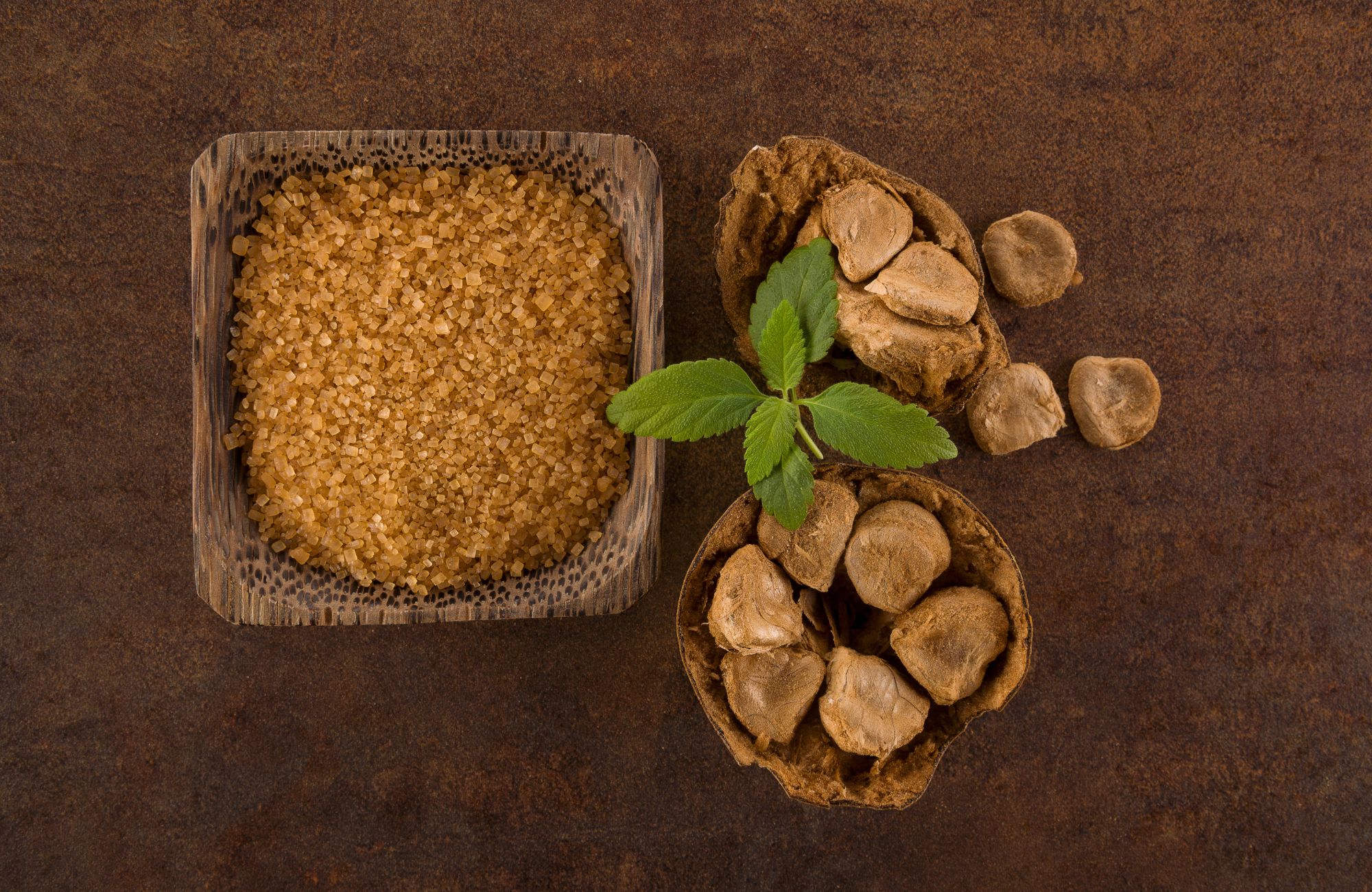
The Truth About Fasting: Does Monk Fruit Break a Fast?
Does monk fruit break a fast? The short answer is no, it does not. Monk fruit sweetener is a zero-calorie, natural sugar substitute that does not raise blood glucose or insulin levels, making it a suitable option during fasting. According to a bibliometrics analysis published in Frontiers in Nutrition, monk fruit sweeteners have gained significant attention in scientific research due to their minimal impact on blood sugar levels and their safety profile, as they are generally recognized as safe (GRAS) by the FDA.
The study highlights that while animal studies have demonstrated promising anti-hyperglycemic and anti-diabetic effects of mogrosides—the active compounds in monk fruit—human clinical trials are still limited, indicating that individual responses may vary. However, individual responses may vary, and additional research is ongoing. In this article, we will explore monk fruit sweetener’s impact on different types of fasting and provide practical tips on how to use it without disrupting your fasting goals.
Understanding Monk Fruit Sweetener
Monk fruit sweeteners, derived from a small, brown fruit known as luo han guo or swingle fruit, have a storied history in Southeast Asia. These sweeteners have been used for centuries in Eastern medicine, valued not just for their sweetness but also for their medicinal properties. Lakanto monk fruit sweetener is one popular option among these sweeteners.
The sweetness of monk fruit comes from unique antioxidants called mogrosides, which are approximately 100 to 250 times sweeter than standard sugar. Despite this intense sweetness, monk fruit sweeteners are calorie-free, offering a zero-calorie alternative to sugar. This makes them an attractive option for those looking to reduce their calorie intake without sacrificing flavor.
Monk fruit sweeteners are available in various forms, including granular and liquid, and can be used in a wide range of culinary applications, including baked goods, as they are stable at high temperatures. Manufacturers often mix monk fruit sweeteners with other plant-derived ingredients to make them easier to use, which sometimes results in sweetener blends.
In 2010, the food and drug administration recognized monk fruit sweeteners as generally safe, further cementing their place in the market. With their antioxidant and anti-inflammatory properties, monk fruit sweeteners not only provide a sweet taste but also offer potential health benefits.
Monk Fruit Sweetener’s Impact on Fasting
The role of monk fruit sweetener in fasting largely depends on the type of fasting and individual responses. Some individuals might experience a minor insulin response to monk fruit, which could affect fasting outcomes, especially for those fasting to manage blood glucose levels. However, this response is generally considered minor, and its overall impact can vary from person to person.
Monk fruit sweetener is zero-calorie and does not disrupt fasting intended for calorie restriction. The limited absorption of its components suggests minimal digestive impact. Therefore, if your primary goal is to maintain a low-calorie intake, monk fruit sweetener can be a suitable option.
Moreover, monk fruit sweeteners are rich in antioxidants, which may support autophagy during fasting. This means that while monk fruit sweeteners do not contribute calories or carbohydrates, they offer potential benefits that align with fasting goals aimed at enhancing cellular repair and longevity.
Natural Sweeteners in Fasting
Natural sweeteners, like monk fruit and stevia, have different impacts on fasting depending on the specific goals of the fast, such as metabolic health, gut rest, or longevity.
Understanding these impacts can help you make informed choices about which sweeteners to use during fasting.
Stevia and Fasting
Stevia, another popular natural sweetener, is known for not stimulating the gut, making it a favorable choice for those fasting to give their digestive system a break. Additionally, stevia may improve blood sugar control and insulin sensitivity, although study results are mixed.
This makes stevia a reliable option for those focusing on metabolic health during fasting.
Monk Fruit and Fasting
Monk fruit sweetener does not break a fast due to its non-caloric properties, making it a safe option for those fasting for weight loss or ketosis. However, there is some caution when using it during gut rest fasting, as its components might be absorbed. While animal studies suggest that monk fruit sweeteners do not significantly stimulate insulin response, the research on humans is still limited.
Despite not affecting blood sugar levels, moderation is recommended due to the limited research on its long-term effects and potential insulin response variability among individuals. Some people might find that monk fruit triggers cravings for more sugary foods, which could disrupt fasting goals.
The sweetness of monk fruit comes from mogrosides, non-caloric compounds that do not affect blood sugar directly.
Sugar Alcohols and Fasting
Sugar alcohols, often found in monk fruit sweeteners, play a significant role in their overall impact on fasting. Understanding these compounds, particularly erythritol and xylitol, is crucial for making informed decisions about their use during fasting.
Erythritol
Erythritol is marketed as a zero-calorie sweetener, with an extremely low caloric content of 0.24 kcal per gram. Most of it is eliminated from the body through urine within 24 hours, indicating minimal metabolic processing and making it a favorable option for those monitoring their caloric intake during fasting. Erythritol does not significantly increase serum glucose or insulin levels, further supporting its suitability for fasting.
Its absorption in the gut is about 90%, and while it does affect gut peptides, the overall insulin response is minimal. This makes erythritol an excellent sugar alcohol choice for those seeking to maintain metabolic health during fasting.
Xylitol
Xylitol, another sugar alcohol commonly used as a low-calorie sweetener, provides 2.4 calories per gram, making it a more caloric option compared to erythritol. The insulin response after consuming xylitol ranges from 16% to 25% of the response caused by glucose, indicating a relatively mild effect on blood sugar levels.
Xylitol also stimulates digestive hormones such as GLP-1 and CCK, which may aid in digestion. Limited research suggests xylitol may play a role in autophagy, particularly related to lung cancer, and does not activate mTOR, indicating it may not interfere with fasting protocols focused on autophagy.
Artificial Sweeteners and Fasting
Artificial sweeteners, while zero-calorie, can have various metabolic effects that influence fasting. Understanding their impact is essential for those incorporating them into their fasting regimen.
Sucralose and Fasting
Sucralose does not produce an insulin response after consumption, even after a one-time dose, making it a potentially safe option for fasting. However, its impact on gut microbiota and potential metabolic disturbances suggest that it may not be the best choice for those focused on maintaining gut health during fasting.
Aspartame and Fasting
Aspartame is broken down in the gastrointestinal tract. This process produces phenylalanine, aspartic acid, and methanol. Phenylalanine stimulates mTOR and inhibits autophagy, which may counteract the benefits of fasting for longevity.
Prolonged consumption of aspartame is also linked to changes in gut microbiome and decreased insulin resistance, making it a less favorable option for fasting.
New Sugar Substitutes
New sugar substitutes like allulose have emerged as promising low-calorie alternatives to regular sugar. Despite their recent entry into the market, they offer unique benefits for those looking to reduce sugar intake during fasting. Additionally, a sugar substitute like allulose can help maintain sweetness without the calories.
Allulose and Fasting
Allulose, categorized as a rare sugar, has gained popularity as a low-calorie sugar alternative. It offers a significant calorie reduction compared to regular sugar, containing only 0.2 kcal/g. This makes it particularly appealing to those who are fasting and looking to minimize caloric intake.
One of the key benefits of allulose is that it does not raise blood glucose or insulin levels after ingestion, making it suitable for those monitoring these levels during fasting. Its unique metabolic pathway allows it to pass through the body without contributing to blood sugar levels, ensuring it does not disrupt fasting goals.
Pros and Cons of Using Monk Fruit Sweetener
Monk fruit sweeteners offer several health benefits, making them an attractive option for children and those managing sugar intake. They can help reduce calorie intake, minimize dental caries, and improve glycemic response. Additionally, the antioxidants in monk fruit extract may support fasting goals by providing anti-inflammatory properties.
However, frequent use of monk fruit sweeteners may lead to increased sugar cravings over time. While evidence shows that monk fruit sweeteners do not strongly increase hunger or cravings, it’s essential to use them in moderation. Monitoring product labels is crucial due to varying ingredients and concentrations of monk fruit in different products.
Despite these potential drawbacks, monk fruit sweeteners do not directly influence body weight changes, making them a neutral option in terms of weight management. Overall, the health benefits of monk fruit sweeteners can be significant if used cautiously and in moderation.
Additives in Monk Fruit Sweeteners
When choosing monk fruit sweeteners, it’s important to be aware of common additives such as erythritol and inulin. These additives can add calories and potentially interfere with fasting protocols aimed at maintaining a zero-calorie intake. Therefore, selecting pure monk fruit sweeteners without added sugars is crucial for those who are fasting.
Checking the nutritional information and individual ingredients on product labels can help ensure that you are consuming a product that aligns with your fasting goals. This practice can help avoid unintended calorie intake and maintain the benefits of fasting.
Practical Tips for Fasting with Monk Fruit Sweetener
Monk fruit sweetener is an excellent option for maintaining low caloric intake during fasting. Many users find that it helps reduce calories and curb sugar cravings, making it easier to stick to fasting regimens. As a diabetes-friendly option, monk fruit sweetener does not spike insulin levels, which is beneficial for blood sugar management.
To avoid breaking the fast, monk fruit sweeteners should be consumed in modest amounts. Adding monk fruit sweetener to drinks generally does not break a fast, making it a convenient way to enjoy sweetness without compromising fasting goals.
When purchasing monk fruit sweeteners, reviewing nutritional labels for potential calories from additives is essential. Checking ingredient lists for high-glycemic additives that can affect fasting is also advised.
Using monk fruit sweetener in moderation can help manage sugar cravings during fasting. Consulting with a health professional before starting intermittent fasting can provide personalized guidance and ensure a safe and effective fasting experience.
Conclusion
Monk fruit sweeteners offer a viable option for those looking to maintain their fasting regimen without sacrificing sweetness. With their zero-calorie content, minimal impact on blood sugar levels, and potential health benefits, they can be a valuable tool for those managing their sugar intake and overall metabolic health. However, caution is advised regarding potential insulin responses and cravings for sugary foods.
Ultimately, the choice of sweeteners during fasting should align with individual goals and health considerations. By understanding the effects of monk fruit sweeteners and other sugar substitutes, you can make informed decisions that support your fasting journey. Embrace the sweetness of monk fruit wisely, and let it enhance your fasting experience without disrupting your goals.
Enhance Your Fasting Journey with Pure Monk Fruit Sweeteners!
Discover the perfect balance of sweetness and fasting with our premium, non-gmo,kosher certified monk fruit options at US Sweeteners. Start making informed, health-conscious choices today and sweeten your fast the right way!
FAQs
Does monk fruit break a fast?
Monk fruit does not break a fast as it contains zero calories and does not increase blood sugar levels. Therefore, it can be safely consumed while fasting.
Can I use monk fruit sweetener during gut rest fasting?
Yes, you can use monk fruit sweetener during gut rest fasting, but be cautious as it may cause minor insulin responses in some individuals.
Is monk fruit safe for diabetes management?
Yes, monk fruit sweetener is safe for diabetes management as it does not spike insulin levels. It can be a suitable alternative for those looking to manage their blood sugar effectively.
Are there any drawbacks to using monk fruit sweetener?
Using monk fruit sweetener can lead to increased sugar cravings, so it’s important to select products that do not contain high-glycemic additives.
What should I look for when buying monk fruit sweeteners?
When buying monk fruit sweeteners, prioritize pure products without additives and carefully review the nutritional labels for calorie content. This ensures you choose a high-quality option that aligns with your health goals.
Can I use monk fruit in my coffee during intermittent fasting?
Yes, you can use monk fruit sweetener in your coffee while practicing intermittent fasting. Monk fruit is a natural, zero-calorie sweetener that doesn’t significantly impact insulin levels or break your fast. This makes it an excellent choice for sweetening your coffee without disrupting the metabolic benefits of fasting.
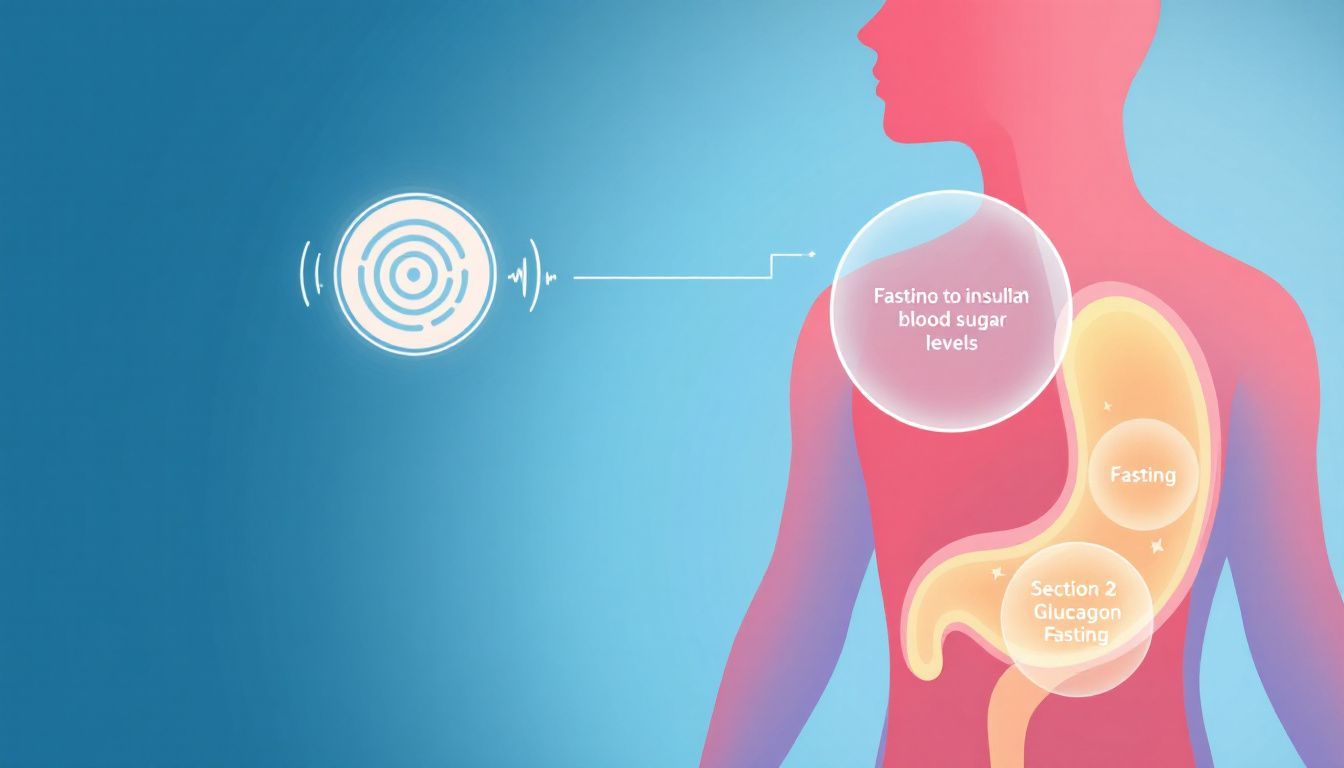
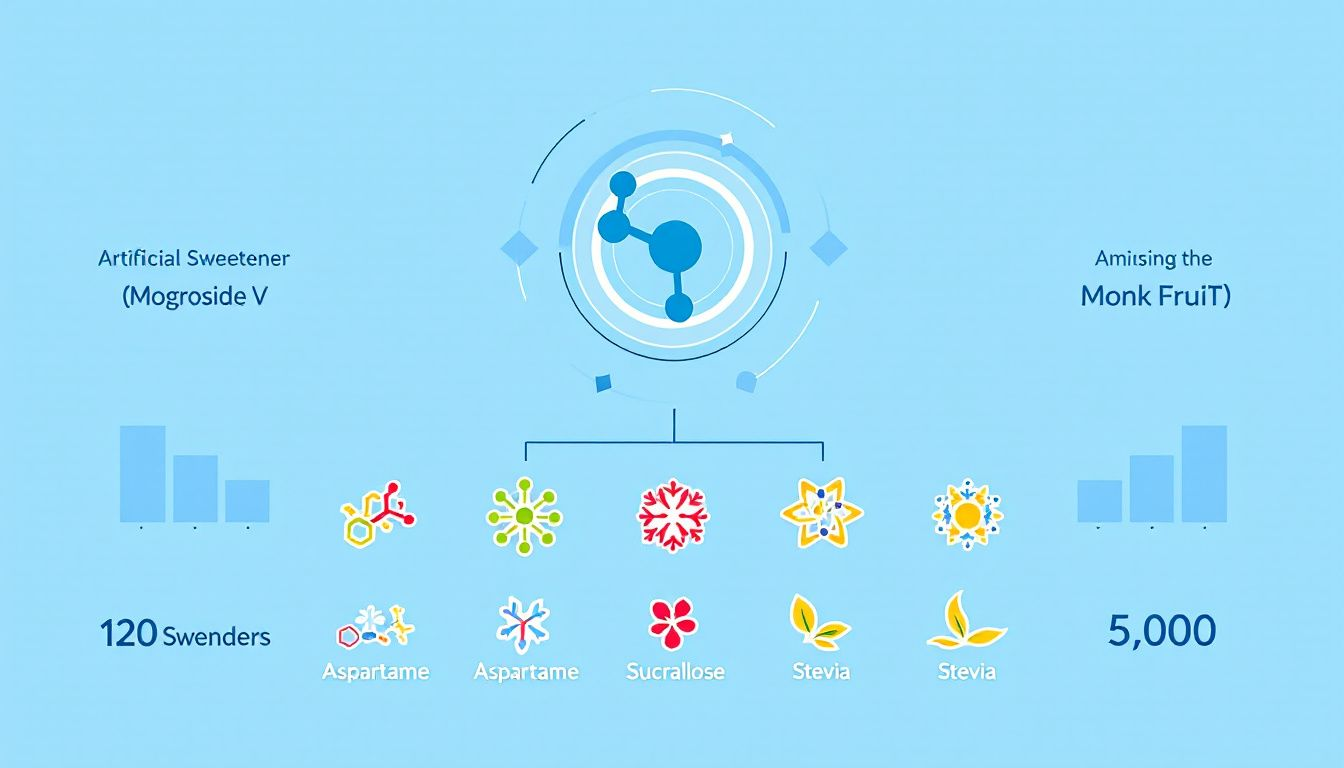
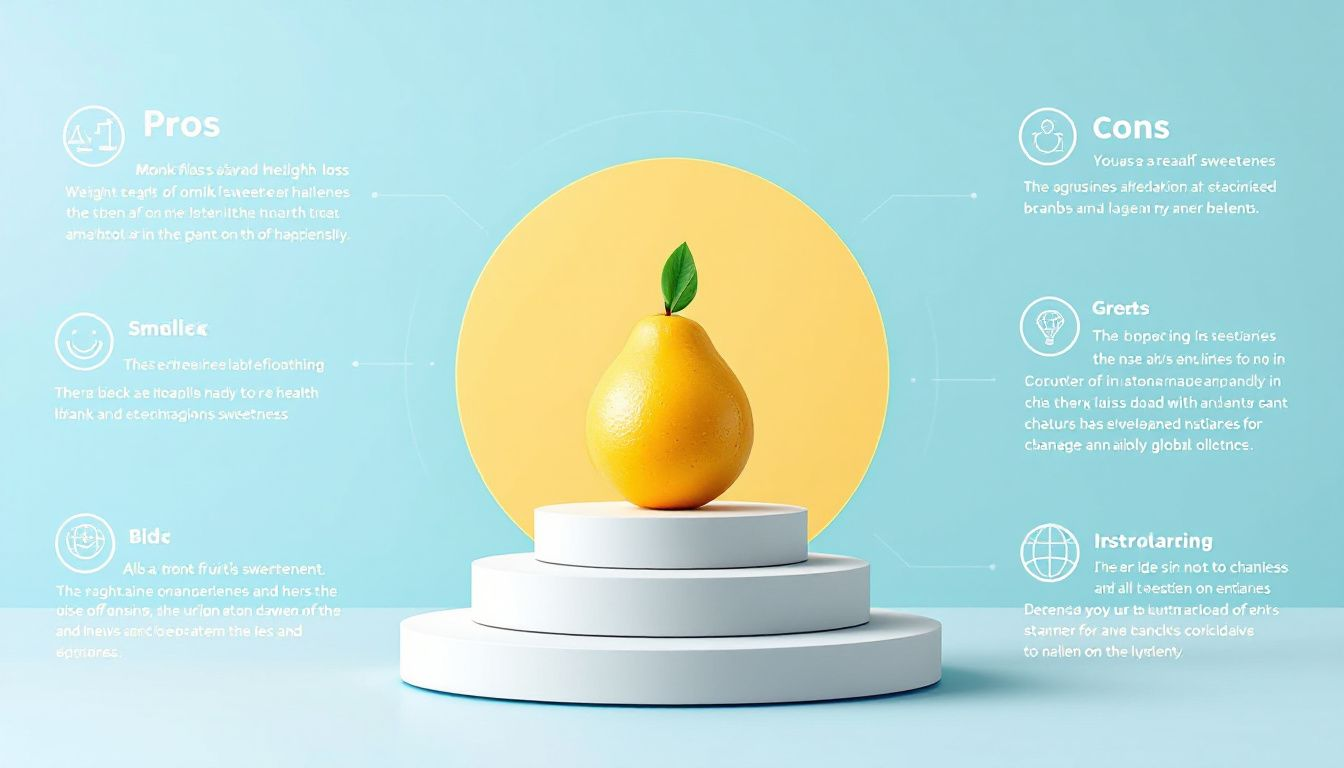

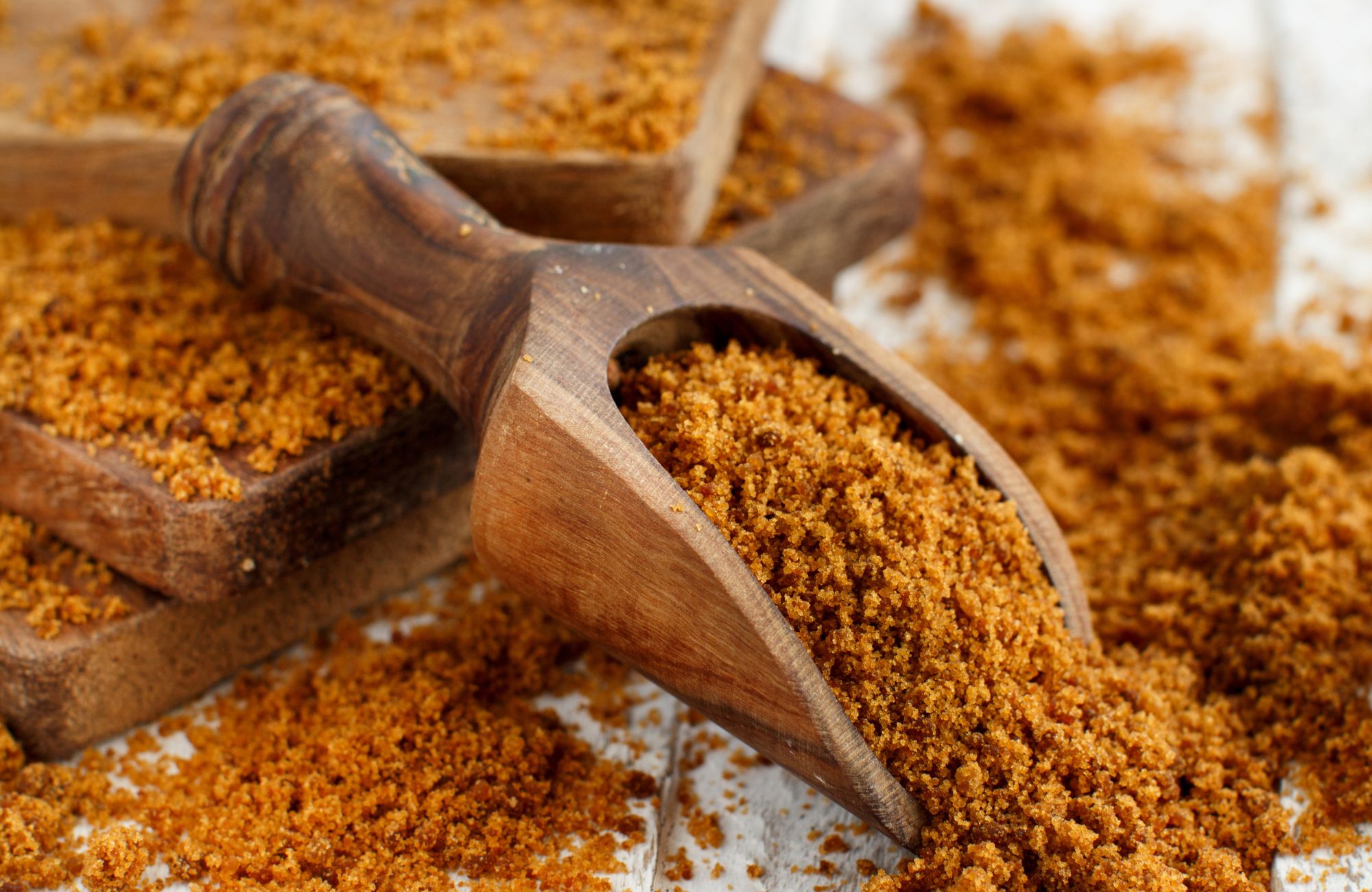
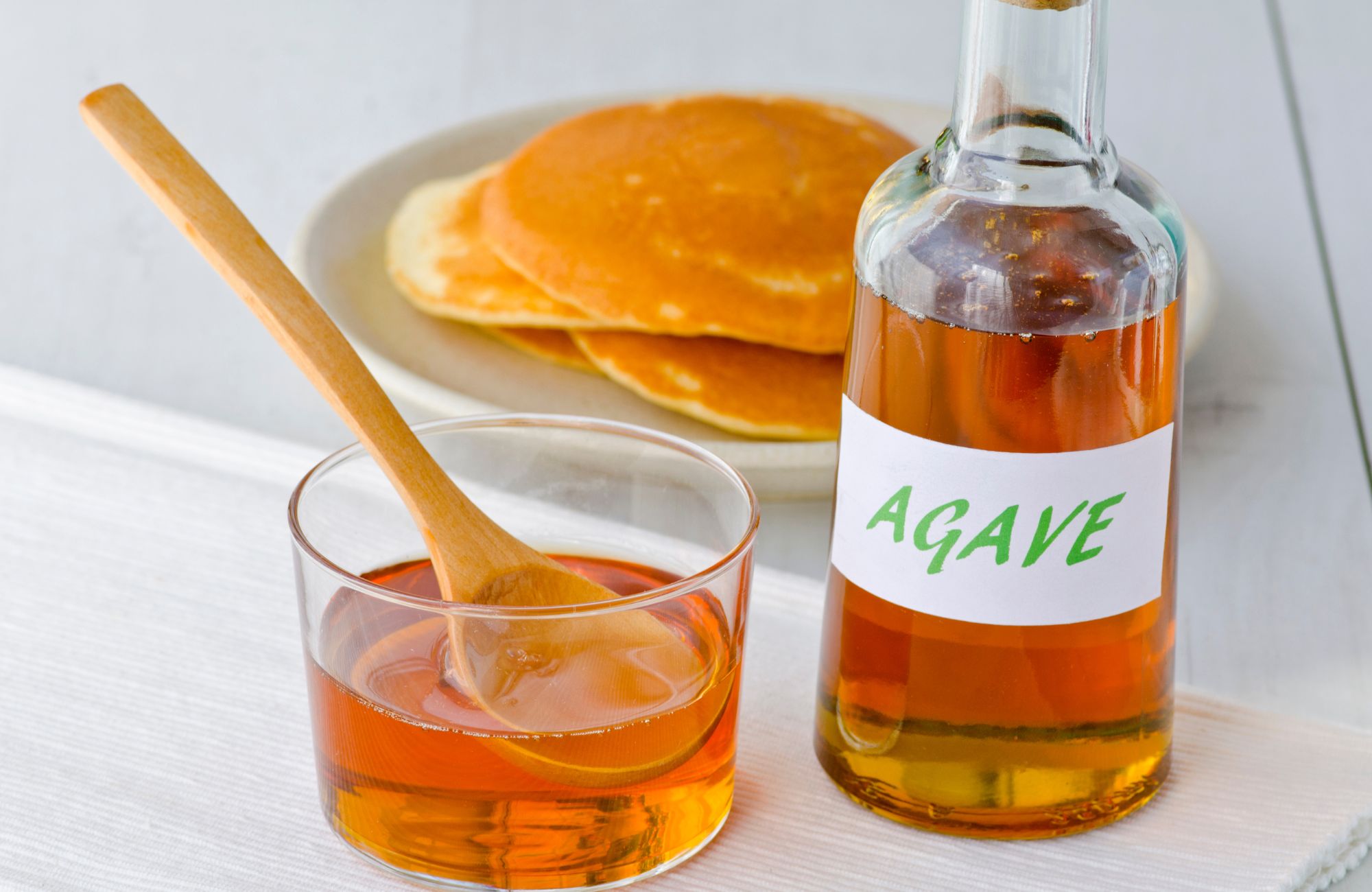

Leave a Reply